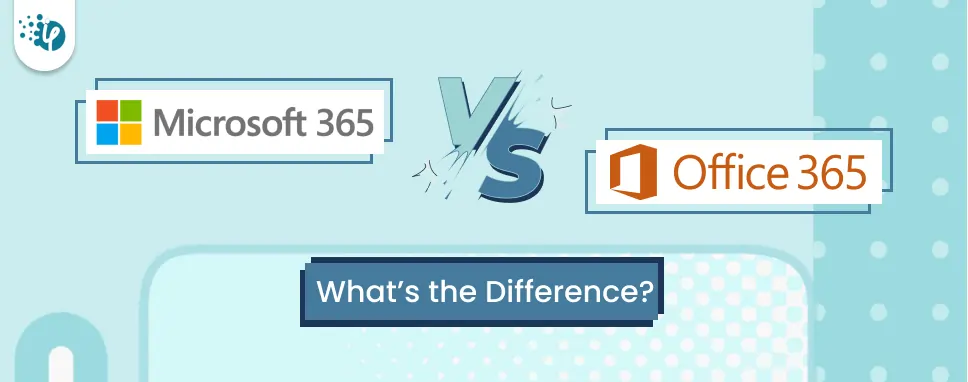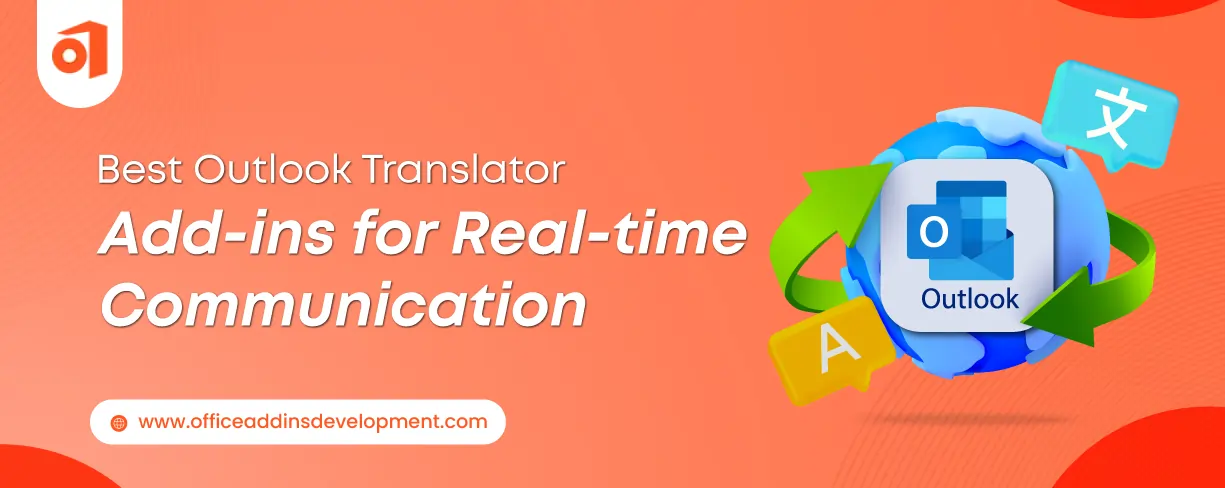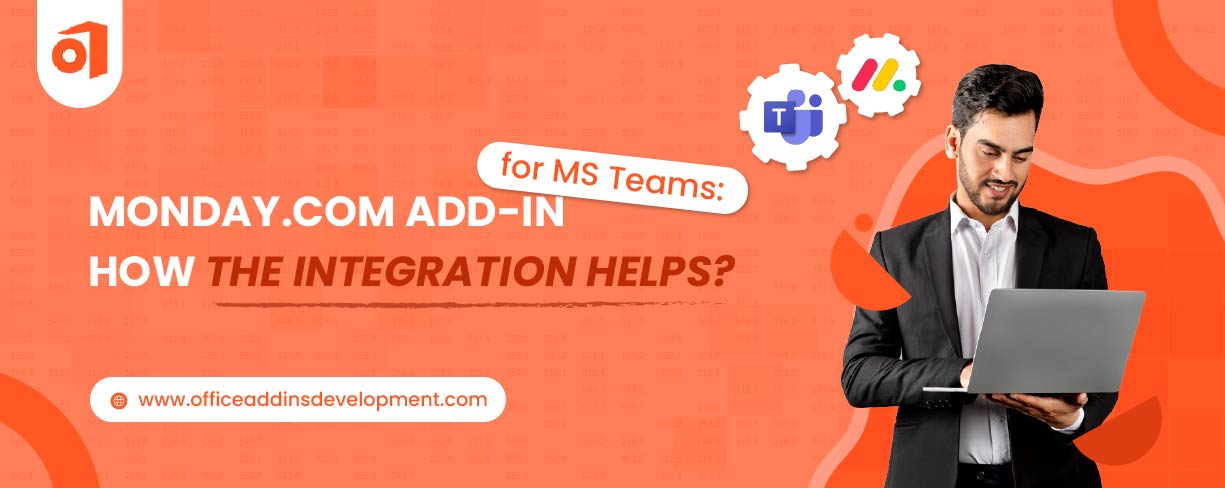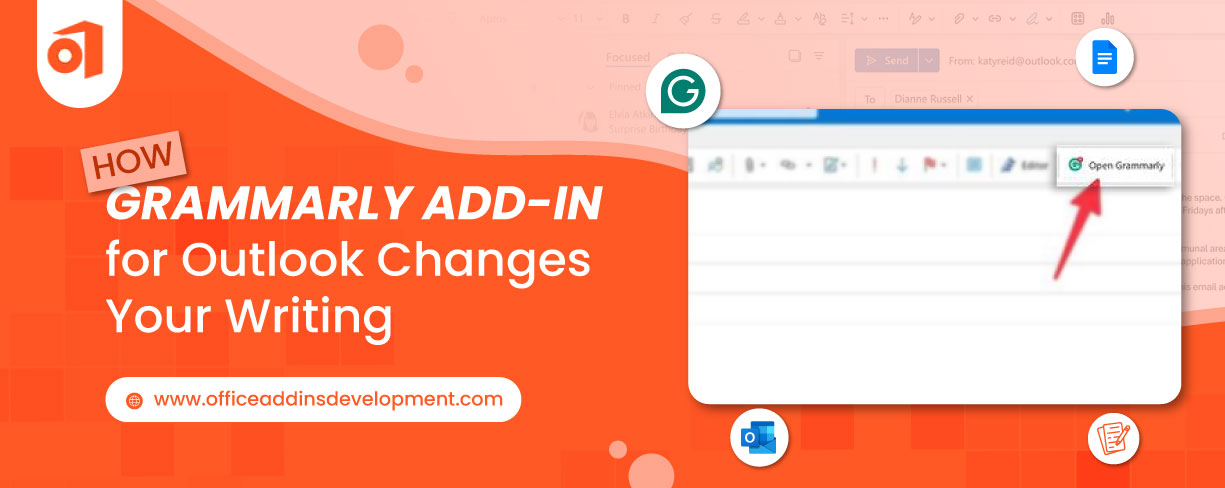Microsoft 365 and Office 365 are well-known Microsoft suites with multiple productivity tools and services designed to satisfy users’ needs and preferences.
Microsoft 365 development is changing the way how companies work, and Office 365 Add-in development makes their approach more efficient. Both entities have a similar set of productivity tools however, some differences can affect user experience.
In this blog, we will delve into the key differences between Microsoft 365 vs Office 365, providing better insight for users to choose a suite that aligns best with their needs. Let’s first get a basic understanding of Microsoft 365 and Office 365.
Overview of Microsoft 365
Microsoft 365 is a blend of Office 365 with Windows 10 and the Enterprise Mobility Suit (Here a Suite of Security and Management Tools). In Microsoft 365 development, there are more advanced cybersecurity options available.
Microsoft 365 is a combination of productivity software, collaboration, and cloud-based services owned by Microsoft. It comprises services like Outlook, OneDrive, Microsoft Teams, Microsoft Office, enterprise products, and corresponding services like Exchange Server, SharePoint, and Yammer. It also offers additional AI and cloud-based services that are not available in Office 365.
What is Microsoft 365 used for?
The main goal of Microsoft 365 is to empower individuals and enterprises to reach new heights using advanced Office applications, intelligent cloud services, and top-of-the-line security features.
There are myriad versions of Microsoft 365 available designed for businesses, enterprises, schools, and individual consumers. These solutions not only offer productivity but also cater to enhanced collaboration and security approaches. The services included in Microsoft 365 are also available in the form of separate licenses.
Take your business to new heights with an esteemed Gmail Add-ons development company .
Overview of Office 365
Released in June 2011, Office 365 is a suite of traditional office apps such as Word, Excel, PowerPoint, SharePoint, and OneDrive. It was designed for individual consumers and businesses, with various plans tailored to different needs.
Office 365 was officially rebranded to Microsoft 365 on April 21, 2020, so now it’s a part of Microsoft 365. The primary focus of this suit was on providing access to Microsoft's productivity software like Word, Excel, PowerPoint, and Outlook over the web. Here one can obtain Office add-in development to extend the core functionalities of apps.
There are distinct plans available which include other services and applications such as Microsoft Teams, OneDrive, SharePoint, and more. With Office 365, subscribers receive regular updates and new features as a part of their subscription, eliminating the need to upgrade to a new edition.
Basic differences between Microsoft 365 and Office 365
| Feature | Microsoft 365 | Office 365 |
|---|---|---|
| Type | Subscription service | One-time purchase or subscription |
| Includes | Office apps (Word, Excel, PowerPoint, etc.), cloud storage (OneDrive), email (Outlook), security features, and additional productivity tools (Teams, SharePoint) | Office apps only (Word, Excel, PowerPoint, etc.) |
| Benefits | Always have the latest features, access files from anywhere, collaborate in real-time, receive ongoing security updates | One-time upfront cost, no automatic updates |
| Best for | Individuals, businesses, and organizations that need the latest features and collaboration tools | Individuals and businesses who only need the core Office applications and prefer a one-time purchase |
Is Microsoft Office now called Microsoft 365?
Yes, Microsoft Office is now called Microsoft 365 Yes, Microsoft Office is now called Microsoft 365. This change was implemented in November 2022. While familiar Office applications like Word, Excel, and PowerPoint are still included, Microsoft 365 encompasses a broader range of features and services compared to the older Office 365 offering.
Microsoft 365 vs Office 365: Here’s the breakdown
Microsoft Office: Refers specifically to the key productivity apps such as PowerPoint, Excel, Word, Outlook, OneDrive, etc. You may purchase all of these at one-time or by a subscription process.
Microsoft 365: This is a subscription-based service that includes all the features of Office, along with additional benefits like:
- Cloud storage (OneDrive)
- Email (Outlook)
- Collaboration tools (Teams, SharePoint)
- Security features
- Always-up-to-date versions of Office applications
While the name has changed, the core functionality of the Office applications remains the same. However, Microsoft 365 offers a more comprehensive experience with additional cloud-based features and ongoing updates.
Microsoft 365 vs Office 365: Major Differences to Note
At first glance, it may seem that these products are similar, but it's not. There are a few differences between these two popular Microsoft tools.
Security variations: Microsoft 365 vs Office 365
- Office 365 offers basic security features such as data loss prevention and threat intelligence.
- Microsoft 365 is designed to provide more significant and emphasize security and compliance features. It takes a more proactive stance against evolving cybersecurity threats.
Microsoft 365 vs Office 365: Exploring Services
- As the name suggests, Office 365 is primarily focused on delivering an office app experience along with cloud services.
- On the other hand, Microsoft 365 focused on providing a broader range of services including Office 365 and also advanced security and device management services.
Expand your business potential with a top-notch Google Sheets Add-on development company .
Targeted Audience
- Office 365 offers plans that are suitable for individuals, businesses, and educational institutes.
- Microsoft 365 is primarily designed for businesses and enterprises, providing comprehensive solutions beyond just productivity software, while also catering to individual user’s requirements.
AI Integration
- There are lack of support in Office 365 for AI integration however you can obtain the traditional functionalities across the apps.
- While Microsoft 365 offers AI integration across apps where you can get intelligent writing experience in Word and benefit from robust security features. Apart from the ai-advancement, it's even advisable to opt for Word Add-ins development for a better user experience.
Offline Use
- The Office 2021 version is intended to support offline usage. Hence it becomes an idle option for those with unsteady internet connection or with offline mode.
- If we talk about Microsoft 365 then it requires a continuous internet connection to obtain the full functionality however one can work in offline mode as well with some limitations.
Collaboration Capability
- Provides basic collaboration features like document sharing where Outlook is also counted for communication purposes. Here the basic functionality of Outlook can be upgraded with Outlook add-ins development.
- Microsoft 365 development provides a wider approach for efficient and smooth collaboration. Microsoft Team is a prominent example of a collaboration tool allowing groups to communicate and collaborate.
Pricing
- Office 365 is typically associated with traditional office productivity costs.
- While Microsoft 365 comes at a slightly higher cost due to the addition of advanced features and security services beyond the core application.
Microsoft 365 vs Office 365: Comparing Plans
Outlook 365 Plans
- Office 365 Apps: Basic subscription including core office apps like Word, Excel, PowerPoint and Outlook for desktop use. In the basic plan, clients can obtain the more extended functionality of basic apps like Word with Word Add-in development, and the same for PPT with PowerPoint Add-in development , and more.
- Office 365 Business Plans: Various plans are designed for small to mid-ranged businesses, proffering different combinations of office apps, email hosting, and online storage through Onedrive.
- Office 365 Enterprise Plans: Designed for large enterprises, these plans include advanced security features, compliance tools, and more extensive collaboration capabilities. Here plans vary based on the organization’s specific needs. When you aim to get maximum productivity while spending less budget, Outlook add-ins development can offer great results.
Microsoft 365 Plans
- Microsoft 365 Business Basic: It is an entry-level plan offering web and mobile versions of office apps, along with business-class email, web conferencing, and file storage.
- Microsoft 365 Apps for Business: This plan focuses on providing desktop versions of office apps for business clients.
- Microsoft 365 Business Standard: This plan includes the features of business basic and adds desktop versions of Office applications, allowing users to install apps on multiple devices.
- Microsoft 365 Business Premium: Combines the features of business standards with advanced security and device management capabilities for enhanced data protection.
- Microsoft 365 Enterprise Plan: Targeting large organizations, these plans offer a comprehensive suite with advanced security compliance and analytical features.
Turn your ideas into reality with a Microsoft Power Platform company
Office 365 vs Microsoft 365: Finding the Right Plan for Your Team?
-> Type of Organization
There are distinctive plans available that suit multiple niches of organization. However, one can find separate plans for nonprofit organizations, schools, and key workers as well.
-> Team Length
Consider your team size first like how many users are engaged in the business that will make use of Microsoft Office apps. It's also required to consider if you plan to expand the team in the future or not. So, you have to choose the option that comprises more flexibility and storage space compared to your current needs.
-> Consider Requirements
Now look for your specific requirements like for which tasks you require tools. Does your business require you to work with presentations often? Or are you required to keep engaged with texts, documents, and emails? Likewise, you can mark down specific tasks that your business is constantly engaged with and choose the tools in accordance with it.
-> Budget
Pricing varies depending on the specific services and plans so you can notice quite a big difference between plans. However, Microsoft 365 allows you to take a free trial before you purchase a specific plan. Hence you can find out if a particular plan aligns with your requirements or not. To be specific, you can compare the pricing of your current systems and subscription policies to find an option that fits within your budget.
Lastly, take a glance at the additional details like the operating system preferred by your organization (Windows or macOS), geographical location of the team, remote work opportunities, customized intranet, etc. This way you can get to know which plans suit your team size and you can choose accordingly.
A Shift from Office 365 to Microsoft 365: How It Can Impact Your Business?
The shift from Office 365 to Microsoft 365 can impact businesses positively.
Microsoft 365 is a productivity suite that offers far more advanced features than Office 365. With its sophisticated security levels, compliance tools, and advanced analytics, it provides a comprehensive solution for businesses of all sizes. Moreover, Microsoft 365's artificial intelligence capabilities enable users to enhance their productivity and work smarter, with fewer manual hurdles.
Simplify your business communication with top-notch Gmail Add-ons development company .
Microsoft 365 provides advanced security features including identity and access management, threat protection, and data loss prevention to safeguard your business and its data from cyber threats. Microsoft 365 is an all-in-one solution that offers a range of advanced security features designed to protect your business from cyber threats and ensure the safety of your valuable data.
With identity and access management, you can control who has access to your systems, while threat protection guards against malware, viruses, and other types of attacks. Additionally, data loss prevention helps prevent sensitive information from being leaked, providing you with peace of mind and assurance that your data is secure.
Microsoft 365 offers an array of features and functionalities that cater to the diverse needs of businesses at a similar price to Office 365. With Microsoft 365, businesses can enjoy a more robust and seamless experience, streamline their workflows, and collaborate more effectively. Hence, we can say Microsoft 365 offers better value for businesses with little to less pricing differences.
Microsoft 365 vs Office 365: Conclusion
In summary, Office 365 and Office add in development serve the traditional approach and suite of office tools helping organizations to do everyday tasks, while Microsoft sets an example of a powerful toolkit suiting the every day and changing needs of the modern workplace.
Office 365 is mostly about accessing Microsoft's productivity applications over the internet, Microsoft 365 development comprises a broader bundle that includes Office 365, plus additional tools and services focused on security, device management, and more advanced features. Hence the choice between these two relies on the organization’s specific needs and personal assistance.



















 Inquire
Inquire